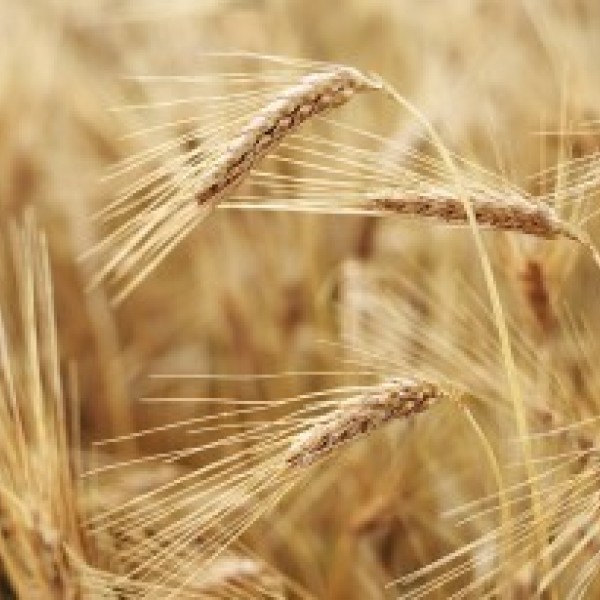For breeders of cassava, a staple food for hundreds of millions in the tropics, producing improved varieties has been getting harder over time. A team at Cornell used genomic analysis of cassava varieties and wild relatives to make a diagnosis: Mutations have corroded the genome, producing many dysfunctional versions of genes and putting at risk a crop crucial to the survival of one-tenth of the world’s population.
“The analysis was cleanly able to show that cassava is genetically decaying,” said Ed Buckler, a research geneticist at the U.S. Department of Agriculture-Agricultural Research Service and adjunct professor of plant breeding and genetics at the Institute for Genomic Diversity (IGD) in Cornell’s Institute of Biotechnology. “It’s getting worse through time as it picks up more and more mutations, so when breeders do make crosses they’re having to put more and more effort into finding the few offspring that contain at least one functional version of each gene.”
Cassava’s challenging position – described by Buckler as “pointed in the direction of extinction” – is likely due to a reduction in diversity during domestication as well as the fact that cassava is spread through cuttings rather than seeds. Without sexual reproduction and the concomitant purging of mutations through recombination, approximately 30 new mutations per generation are accumulating.
"The analysis was cleanly able to show that cassava is genetically decaying."
-Ed Buckler
The research, published April 17 in Nature Genetics, was a test of whether genomewide mutations could be identified computationally. It’s a question the group initially set out to answer in maize through a project funded by the Bill & Melinda Gates Foundation, but it was fast-tracked in cassava after a request from the foundation.
The data provide a way forward for breeders to bring greater food security to the tropics by shoring up a key crop that feeds an estimated 800 million people – primarily smallholder farmers – in areas with marginal soils and unpredictable rainfall.
Punna Ramu and Fei Lu, research associates with IGD, used a combination of deep sequencing – collecting enough data to sequence 241 cassava types 30 times – and predictive tools based on evolution to identify which mutations were likely to interfere with a gene’s function.
While the frequency of harmful mutations was high at 26 percent, they also uncovered widespread genetic evidence that breeders have been successfully compensating for the dysfunctional alleles in their pursuit of higher productivity and yield. Nearly two-thirds of mutations occurred only in the presence of a second, functional version of the gene.
“Most deleterious mutations are recessive, meaning they are only a problem if the plant has two copies of the mutated gene at the same place,” Lu said. “The high heterozygosity in cassava was really the most interesting thing we found – that breeding efforts had successfully masked the deleterious mutations with functional versions.”
The findings are already being incorporated into the breeding models of the Cornell-based NextGeneration Cassava Breeding project, also funded by the Gates Foundation. The NextGen project – managed by Chiedozie Egesi in International Programs at the College of Agriculture and Life Sciences, who collaborated on the research – is developing strategies to selectively breed materials to eliminate the mutations, but that’s just the start of the ways that the technology could be used.
“In the long run, using genome editing, we could provide the equivalent of personalized medicine to breeding lines,” Buckler said. “Essentially these mutations are like disease mutations in humans. And we’re getting to the point where we can identify those deleterious mutations and correct them.”
The research was also supported by the National Science Foundation Plant Genome Research Project and USDA-ARS.
Other collaborators on the project included Janu Verma of IGD; Williams Esuma and Robert Kawuki with the National Crops Resources Research Institute in Kampala, Uganda; Ismail Rabbi with the International Institute of Tropical Agriculture in Ibadan, Nigeria; Jessen Bredeson with the Department of Molecular and Cell Biology at the University of California, Berkeley; and Rebecca Bart with the Donald Danforth Plant Science Center in St. Louis, Missouri.






